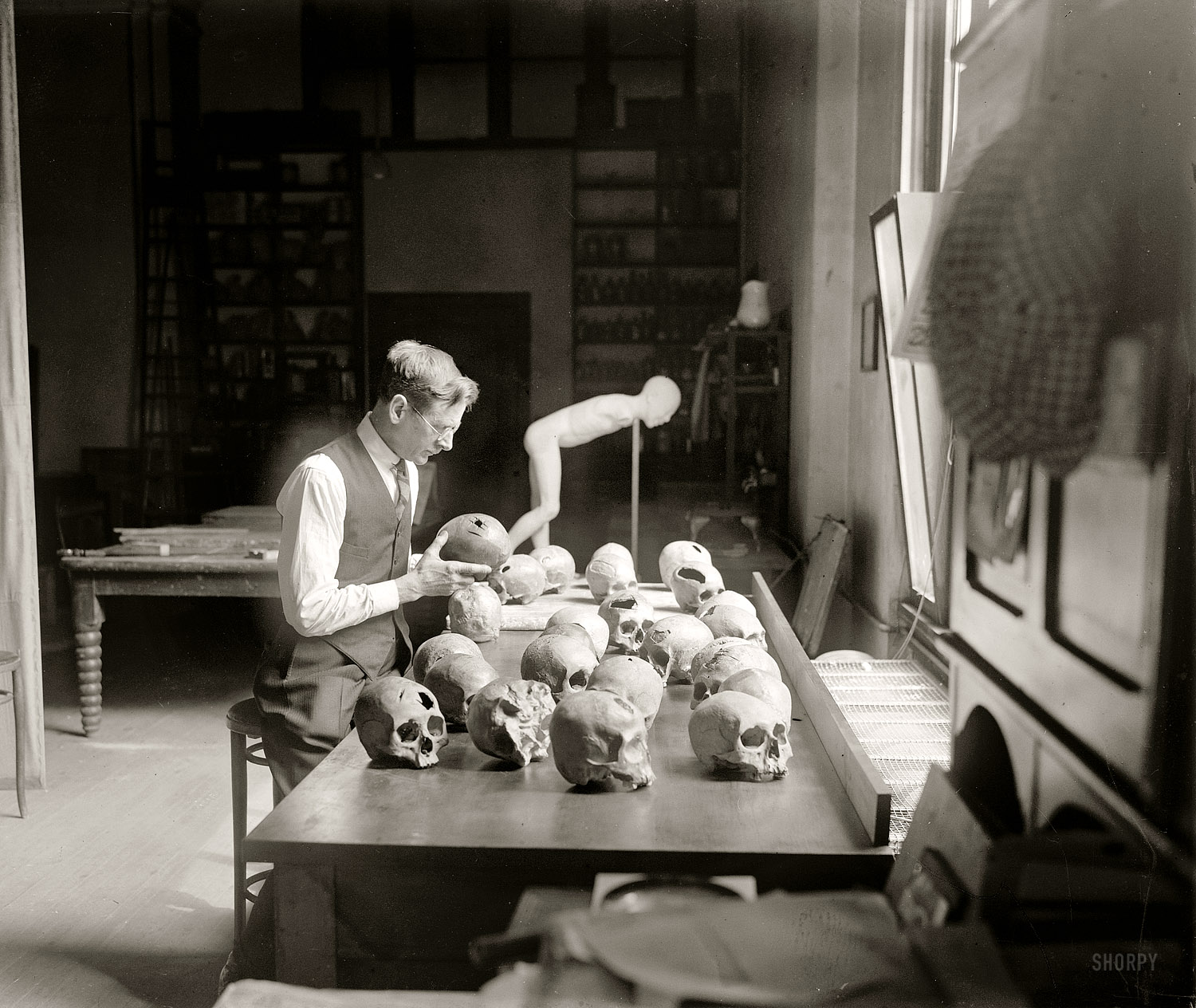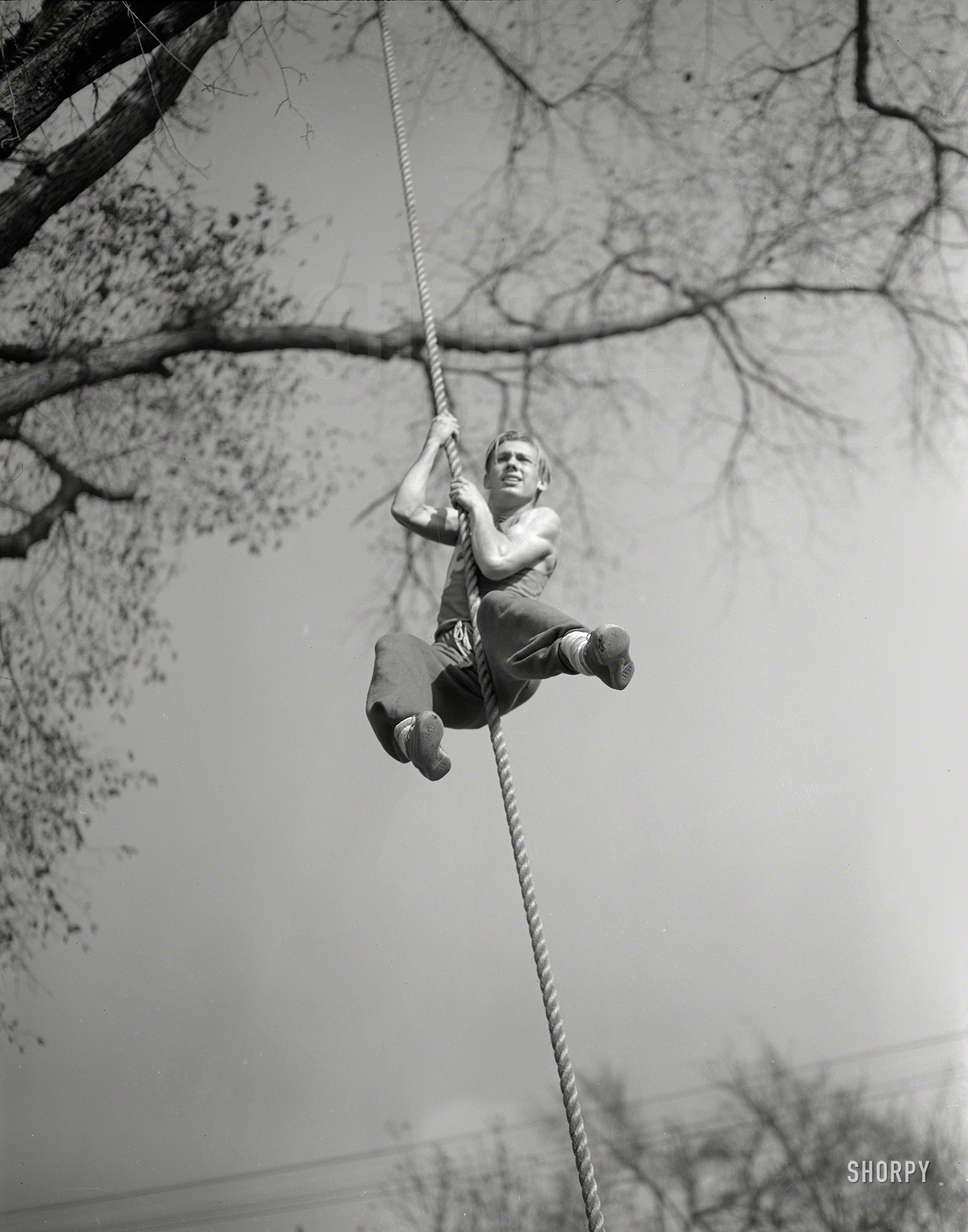So far, so good.
 Who wants to live longer?
American comedian Steven Wright
Who wants to live longer?
American comedian Steven Wright once joked, "I plan to live forever." When asked how it was going he answered, "So far, so good."
I just read a book,
Outlive by Peter Attia - (pronounced Ahh-tia) that recommends a healthy non-diabetic person should go out, purchase and use the kind of glucose monitoring system diabetics use all the time and monitor their blood glucose levels for two to three months. The idea behind it is sound. You will spend a month gathering and monitoring the data and the next month or two analyzing exactly what foods cause glucose spikes for you as an individual. Again, this is probably sound science and would be interesting to know. The point is to find out which foods affect you rather than relying on some general aggregated data about the general population. Good advice, but the same book argues that recommending very strict diets doesn't work because people can't stick to them, usually due to hunger or generally not feeling sated, like that feeling of having an apple and not feeling like you ate anything at all. Yet, the same book expects you to stick to a diabetic's level of glucose monitoring despite not having diabetes.
This is one of the problems with the book and its recommendations. You should eat healthily for you by finding out what foods affect you the most by carefully monitoring your glucose levels. You should exercise more, but very specifically training for strength, stability, flexibility and endurance by following peculiarly specific instructions. Attia gives very detailed data and instructions for following the data analysis, which is well beyond what anyone could do without a team normally reserved for professional athletes. Essentially he eschews taking a kind of moderate approach for something unusually complex, all to live longer and to better avoid the "four horsemen" of old age; cancer, heart disease, metabolic diseases such as diabetes and dementia from diseases like Alzheimers. Yet, while he recognizes that strict diet regimes don't work, he doesn't apply the same logic to other actions, namely exercise. Attia admits he has issues with being a data geek and an obsessive perfectionist, which probably explains all of this.
The author almost entirely ignores larger societal issues that make the problems of health difficult for any individual to overcome, particularly Americans and their excellent, but expensive and inaccessible healthcare. He discusses vehicular death as a problem we address with regulation and even admits to seeing the effects of gun violence in his time as an intern but only in the last chapter discusses mental health (an astounding number of gun deaths are suicides). In Canada we struggle to find a family physician never mind the sports medicine specialist, family practitioner, nutritionist, physiotherapist, sleep specialist, mental health therapist, and physical trainer you would be required to follow this, albeit sound and sage advice. His advice to practice "rucking", by walking an hour a day with weights in a backpack is particularly galling to me. Buddy, get rid of your car and try living any given day taking transit, walking or biking without your beloved "rucking". His blindness to all of these issues and concerns was highlighted to me by the increasingly simple health advice some journalists and activists are beginning to report.
The
7-minute workout and
Michael Pollan's maxim to "Eat food. Not too much. Mostly plants.", are perfect examples. This morning on the Guardian Website I read this even simpler distillation of what we can all do to live better, healthier and longer lives:
The eight health measures named by the American Heart Association:
- Eat a healthy diet
- Be more active
- Quit smoking
- Get healthy sleep
- Maintain a healthy weight
- Control cholesterol
- Watch blood sugar
- Manage blood pressure
Read more »Labels: food, health







